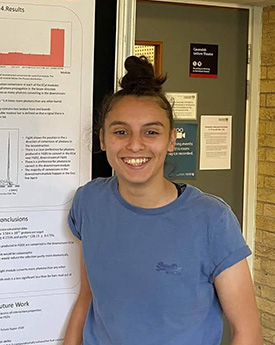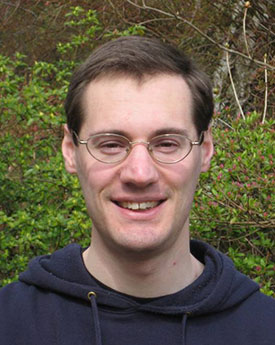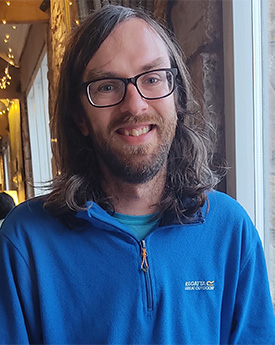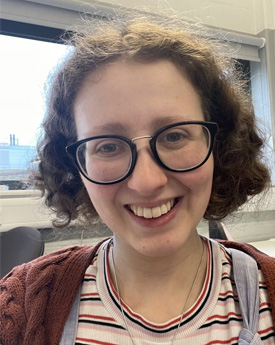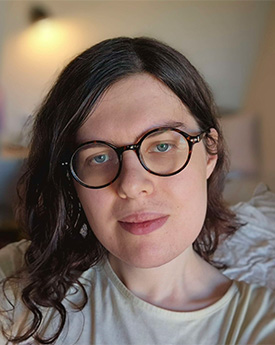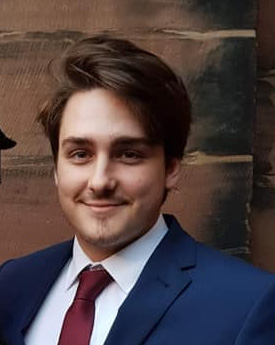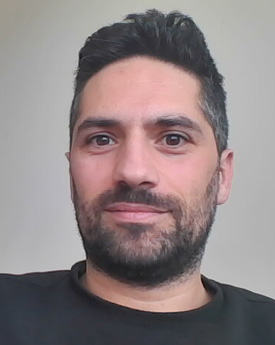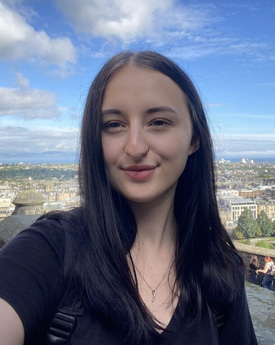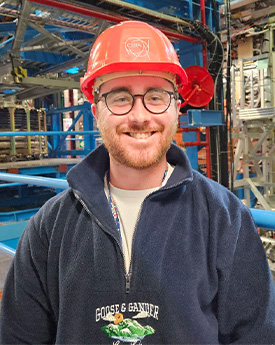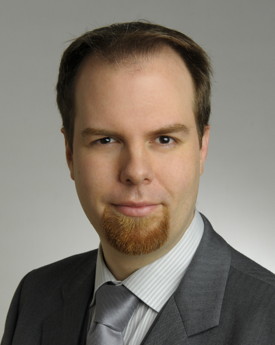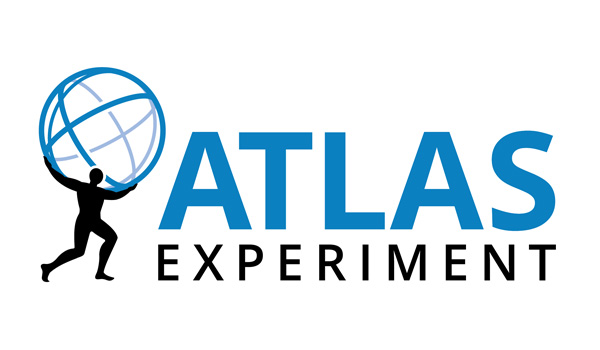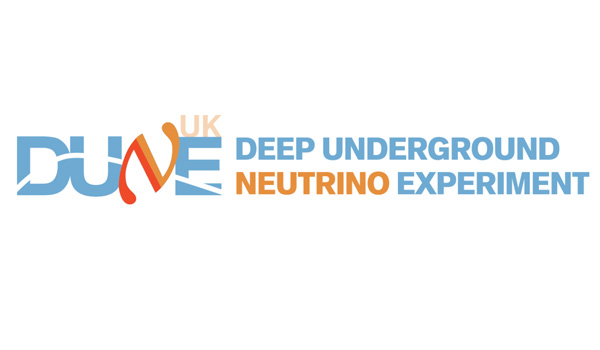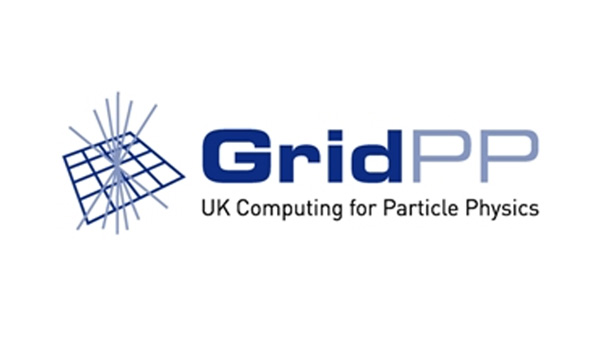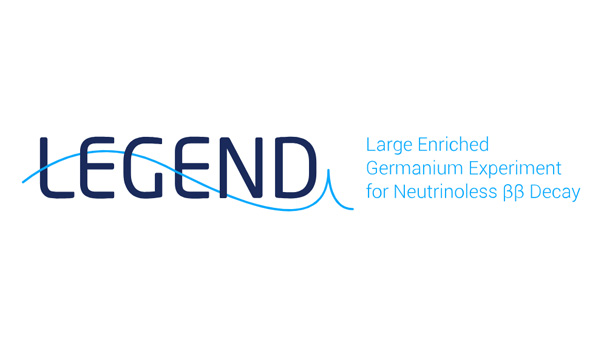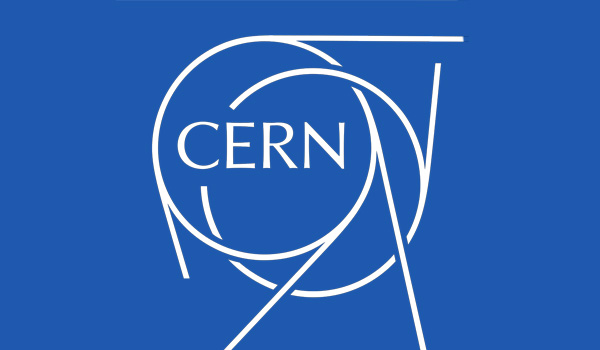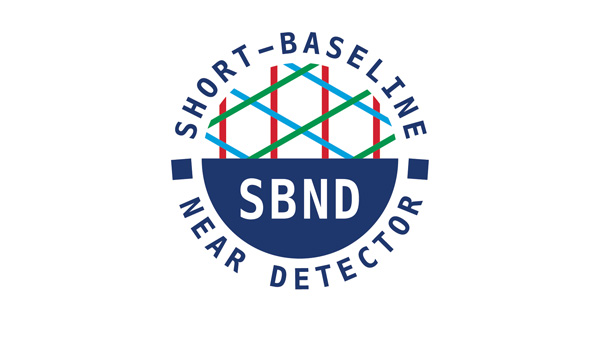Supervisor
Dr Karim Massri
Description
Kaons — the lightest particles containing a “strange” quark — offer an exceptional opportunity to probe physics Beyond the Standard Model (BSM) through precise experimental measurements. The study of decays involving strange and light quarks is a highly active area of research, with further advances expected in the coming decade.
The NA62 experiment at CERN is a world-leading, multi-purpose facility dedicated to investigating rare kaon decays, which plays a central role in precision flavour physics. Operational since 2016, the experiment will continue to collect data until the end of 2026. The NA62 experiment enables a broad range of stringent tests of the Standard Model.
The Lancaster University group plays a leading role in several key NA62 analyses, including the study of leptonic kaon decays, which aims at providing the most precise test of Lepton Universality.
The successful PhD candidate will join the NA62 collaboration as part of the Lancaster group’s research programme. The exact focus of the project can be tailored to the student’s skills and interests. As a member of a medium-sized international collaboration, the student will have the opportunity to take a leading role in a cutting-edge topic in particle physics, gaining valuable experience in experimental techniques, software development, and data analysis.
The position also offers the opportunity to visit CERN regularly, working closely with experts and taking part in NA62 analysis and collaboration meetings.
Students interested in this PhD project should apply via the Lancaster University admission system.
Applicants are normally expected to have the equivalent of a first (1) or upper second (2.1) degree class in Physics or Astrophysics.
The Lancaster Physics Department holds an Athena SWAN silver award and is strongly committed to fostering inclusion and diversity within its community.
Supervisor
Dr James Ferrando
Description
The Z boson is a key piece of the Standard Model. It was first observed in the 1980s at CERN via its decays to two charged leptons. Many of its properties were thoroughly explored at the Large Electron Positron Collider (LEP). Now at the LHC hundreds of millions of Z-bosons have been produced and their well-known mass is exploited to calibrate our detector. Nonetheless some properties of the Z boson remain relatively unexplored.
Within the Standard Model it is expected that the Z boson should decay to two leptons associated with a vector meson around once in every million decays. The CMS collaboration made the first observation of such processes in 2018, measuring the fraction of Z-bosons decaying to Psi mesons associated with two charged leptons as approximately 0.0000008.
For this project it is envisaged to use data recorded by the ATLAS detector to search for decays of the Z boson to two charged leptons in association with vector mesons, such as the rho and upsilon mesons.
These measurements will be compared to the related and well known decays to two charged leptons associated with a photon. The project will probe Quantum chromodynamics in a theoretically challenging regime and has the potential to constrain new physics beyond the Standard model that would cause anomalous couplings between Z bosons and photons.
Students interested in this PhD project should apply via the Lancaster University admission system. Applicants are normally expected to have the equivalent of a first (1) or upper second (2.1) degree class in Physics or Astrophysics. The Lancaster Physics Department holds an Athena SWAN silver award and JUNO Champion status and is strongly committed to fostering inclusion and diversity within its community.
Our PhD projects are offered on a competitive basis and are subject to availability of funding. For full consideration for any possible funding, please submit applications by 31st January 2026.
Supervisor
Dr Harald Fox
Project
The discovery of the Higgs Boson in 2012 showed us the principle way how the breaking of the electroweak symmetry is realised in nature. However, several aspects of that mechanism are still being investigated. Two examples are the matter – anti-matter symmetry (CP) of the new Higgs boson, and the existence of further bosons in addition to the Higgs. At Lancaster we are analysing ATLAS data collected at the LHC in the hadronic di-tau final state.
The di-tau final state is the most accessible final state where the Higgs boson couples to fermions directly. This signal allows us to measure the CP properties of the Higgs boson. The Standard Model predicts a CP-even scalar Higgs with no CP violation in the production or decay. On the other hand, we know that there is not enough CP violation in the quark sector of the Standard Model to explain the existence of the universe. Observation of a new source of CP violation is hence necessary. Measuring the Higgs couplings and its CP properties is hence an important test for the Standard Model.
While the existence of the Higgs boson confirms the electroweak phase transition via a symmetry breaking potential, the shape of the potential and the exact nature of the mechanism is not constrained by theory or measurements so far. We use the di-tau final state to search for additional scalars to test.
Students interested in this PhD project should apply via the Lancaster University admission system. Applicants are normally expected to have the equivalent of a first (1) or upper second (2.1) degree class in Physics or Astrophysics. The Lancaster Physics Department holds an Athena SWAN silver award and JUNO Champion status and is strongly committed to fostering inclusion and diversity within its community.
Our PhD projects are offered on a competitive basis and are subject to availability of funding. For full consideration for any possible funding, please submit applications by 31st January 2026.




